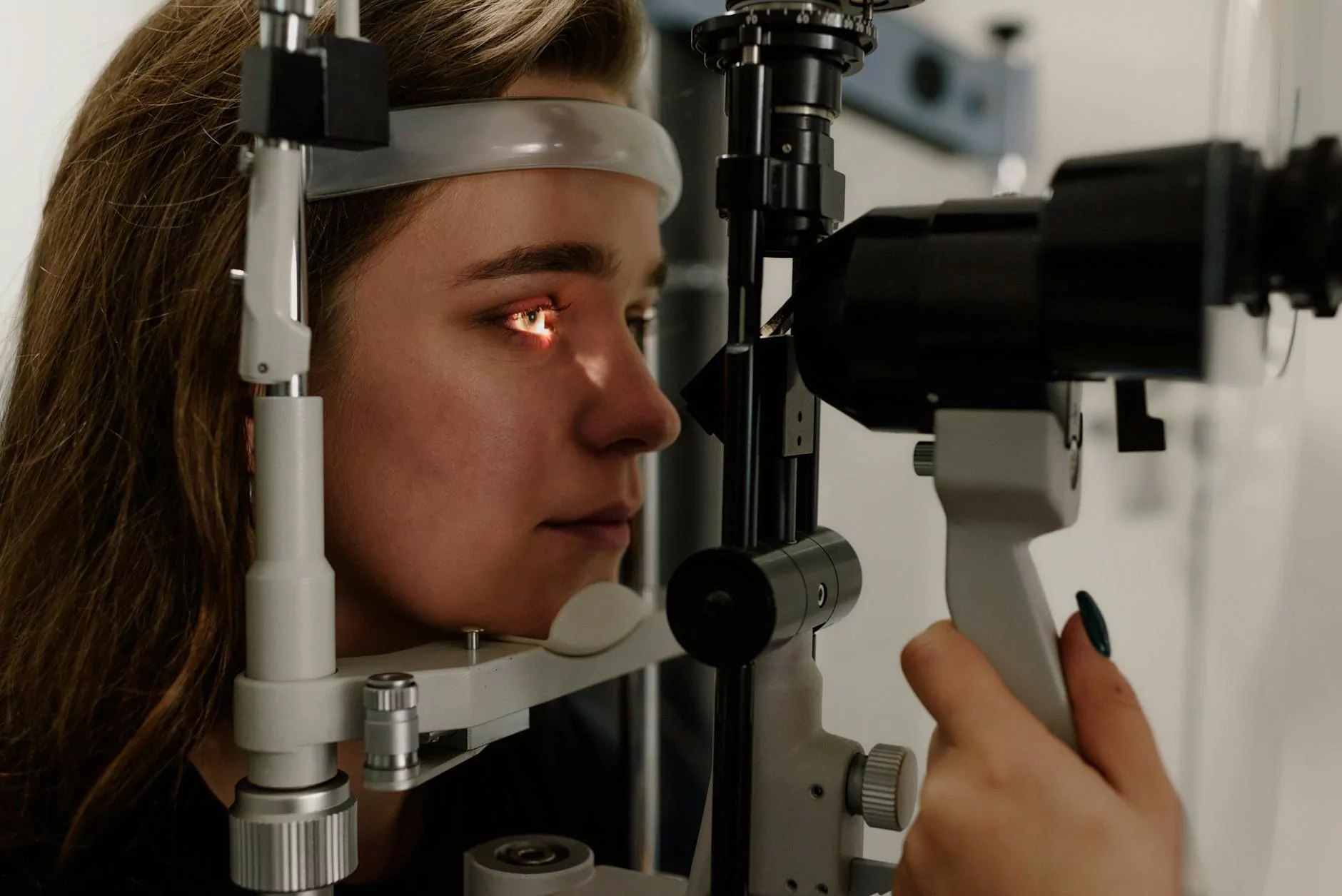The Impact of Fit Kit Test on Educational Services in Special Education

As the education landscape continues to evolve, the importance of providing specialized services to meet the needs of all learners, including those with special needs, has become paramount. In the realm of special education, one tool that has been gaining attention and accolades is the Fit Kit Test.
Understanding the Fit Kit Test
The Fit Kit Test is a comprehensive assessment tool designed to evaluate various aspects of an individual's physical fitness and overall well-being. It goes beyond traditional assessments by incorporating elements of personalized feedback and goal-setting, making it a valuable resource for educators and service providers in the special education sector.
Benefits for Educational Services
For educational services catering to individuals with special needs, the Fit Kit Test offers a range of benefits that can enhance the quality of support and instruction provided. Some of the key advantages include:
- Personalized Assessment: The Fit Kit Test provides a detailed analysis of an individual's strengths and areas for improvement, allowing educators to tailor their programs to meet specific needs.
- Goal Setting: By setting achievable fitness goals based on the Fit Kit Test results, educators can empower students to take ownership of their health and well-being.
- Tracking Progress: The Fit Kit Test facilitates ongoing monitoring of progress, giving educators valuable insights into the effectiveness of their interventions and strategies.
- Empowerment: Through the feedback and support offered by the Fit Kit Test, individuals with special needs can build confidence and resilience, leading to better outcomes in academic and social settings.
Implementing the Fit Kit Test
Integrating the Fit Kit Test into educational services for special education requires a thoughtful and strategic approach. Educators and service providers should consider the following steps:
- Educational Training: Ensure that staff members are trained in administering the Fit Kit Test accurately and interpreting the results effectively.
- Individualized Plans: Develop personalized fitness plans based on the Fit Kit Test outcomes, taking into account the unique needs and abilities of each student.
- Collaboration: Work collaboratively with other professionals, such as physical therapists and occupational therapists, to create a holistic support system for students undergoing the Fit Kit Test.
- Monitoring and Evaluation: Regularly assess the progress of students and adjust interventions as needed to maximize the benefits of the Fit Kit Test.
Conclusion
The Fit Kit Test represents a valuable resource for educational services in the field of special education, offering a holistic approach to assessing and supporting the physical fitness and well-being of individuals with special needs. By incorporating this innovative tool into their programs, educators can enhance the quality of care and instruction provided to students, ultimately leading to improved outcomes and greater empowerment for all learners.
For more information on how to leverage the Fit Kit Test in educational services for special education, visit h2sonlinetraining.com.








